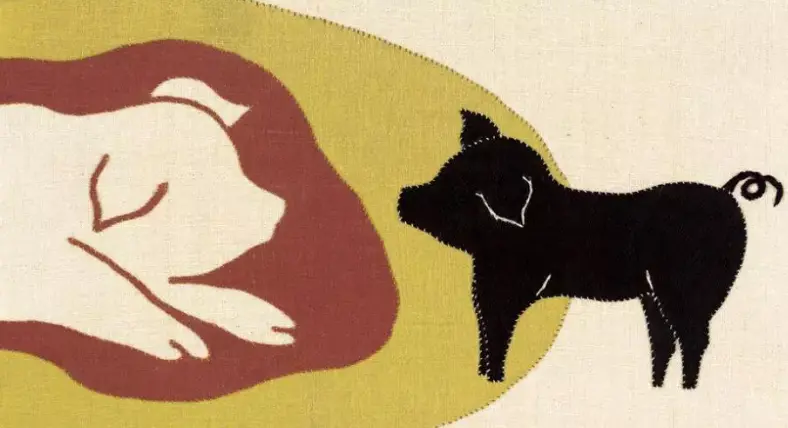Pursuing Scholarship: Beyond 'Serving the World' and 'Because the Mountain Is There'

Recently, I revisited Wang Xiaobo’s essay collection “The Silent Majority,” filled with black humor yet shining with his admiration for science. The articles on Sinology, science, and logic have once again enlightened me. Reflecting now, I’ve always tried to avoid describing my initial motivation for studying economics with the term “serving the world and benefiting the people,” and this influence stems from Wang Xiaobo.
Many people would question, what’s the use of so many social science papers? Economics studies money for the implementation of monetary policy, finance is for making money. Even people often say, “I study economics to serve the world and benefit the people, to support the nation.” Many people frequently claim that the liberal arts are disciplines that “continue the learning of past sages and bring peace for generations.”
In reality, whether for personal survival or social prosperity, these reasons are all commendable. However, when we add “uniqueness” to this logic, it leads to another meaning: the discipline implies responsibility, and this responsibility is implemented at specific points of action. So, if there is a problem that has no practical use, should we not study it?
If you ask someone if studying black holes is useful, he can’t explain it clearly, but everyone already feels that the mysterious natural sciences will eventually be useful in the future. The social sciences can also answer in this way.
But this reason is something I am very dissatisfied with, because the underlying motive is still “because this discipline may be useful in the future, so we need to persist,” which is essentially “serving the world and benefiting the people,” “pragmatism,” and the “usefulness above all” mindset.
I believe that whether it’s social science or natural science, what truly motivates us to learn is a common cause, not pragmatism or utilitarianism, but the human ideals celebrated in literary works—why climb a mountain, because it is there.
For example, Liu Cixin’s “Seeking the Truth,” “The Climbers,” Hemingway’s “The Old Man and the Sea”… The Chinese saying “when choosing between two harms, take the lesser one,” but there are always those who make choices that transcend purely utilitarian considerations.
As a science fiction fan, my stance is only one: research is for solving problems, solving problems is for answering questions. We propose many questions based on practical considerations and then solve them, but some questions exist regardless of their practical implications, so we attempt to answer them.
Therefore, there’s no need for any reason to study a problem; you just want to know the answer, to delve into the problem, without needing to invoke grand principles or the hardships of life, just because of two words—curiosity is enough.
Therefore, Wang Xiaobo opposes certain behaviors that excessively beautify “Sinology,” opposes Confucius and Mencius, and admires Russell. One of the Two Chengs said that “benevolence and love” are like a newborn, fluffy duckling, and many people are so captivated by this mysterious realm that they can’t extricate themselves. So, do we really need to reexperience benevolence and love from the down of a duckling? Many people say that the “I Ching” stands at the pinnacle of predictive analytics, so they no longer pursue answers. All these are about seeking usefulness, wanting to achieve useful goals through mysterious, unfathomable means, regardless of whether there is a process, as long as it’s good , correct, and the inherited mysteriousness is deemed sufficient.
I used to not understand why the phrase “because the mountain is there” is often mentioned, but now I realize it’s because this phrase encapsulates this truth—the pursuit of answers doesn’t need a reason. That is also what Wang Xiaobo said: one day when I’m no longer here, but as long as I think that there will still be people walking on this path seeking truth, I will feel happy.
